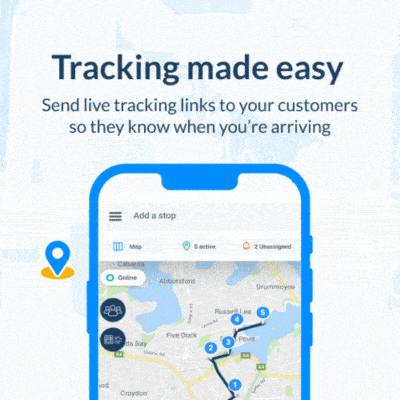In a significant step for North American rail connectivity, Canadian Pacific Kansas City (CPKC) and CSX Corporation have received the green light from the Surface Transportation Board (STB) to establish a direct rail link through Alabama.
This new connection, made possible by the acquisition of lines from Genesee and Wyoming’s Meridian and Bigbee Railroad, strengthens a cross-border route from Mexico to the Southeastern US, poised to streamline freight movement and open new opportunities for businesses across the region.
Why does this matter? The connection can make cross-border trade faster and more efficient. For industries counting on reliable, cost-effective transport—think manufacturing, agriculture, and retail—the impact could be transformative.
Key points on the new CPKC-CSX rail connection
As global supply chains become more complex, efficient transportation within North America offers businesses in the US and Mexico a competitive edge.
Here’s some key points:
- Strategic Acquisition: CPKC will now own and operate a 52-mile rail segment from Meridian, Mississippi, to Myrtlewood, Alabama, previously under Meridian & Bigbee Railroad (MNBR) control.
- Expanded CSX operations: CSX will take over MNBR-operated lines east of Myrtlewood, extending its service network in the Southeast.
- Direct interchange in Alabama: This acquisition creates a direct Class I-to-Class I interchange at Myrtlewood, connecting CPKC and CSX, and streamlining access for shippers from Mexico, Texas, and the Southeast US.
- Local service continuity: MNBR will continue providing local service for customers along the Meridian-to-Myrtlewood corridor, ensuring service stability for current users.
Reaching key markets
Recently, Locate2u reported on the rise of nearshoring in the Americas. In its latest study, KPMG says the landscape of supply chains serving the US market is experiencing a transformation.
It highlights that organizations are focusing on a local approach when it comes to their supply chains.
What is nearshoring?
Nearshoring is when a company moves its production closer to its customers to cut costs and avoid logistical problems. Recently, many companies worldwide are considering this strategy to prevent supply chain issues.
Joe Hinrichs, president and CEO of CSX says: “Once complete, the interchange will help drive long-term business growth allowing customers to have greater connectivity and efficiency to reach key markets in Texas, Mexico, and the US Southeast—all while providing safe and reliable service.”
Keith Creel, CPKC president and CEO says: “With this new east-west Class I route, we are creating competition, providing a service that will take more trucks off the road, and growing rail transportation by expanding markets across the southern US, from Dallas to Atlanta and beyond.”
NOW READ: Uber Eats gets social with new food delivery features
Photo Credit: CSX Corporation
Share this article
About the author
Sharl is a qualified journalist. He has over 10 years’ experience in the media industry, including positions as an editor of a magazine and Business Editor of a daily newspaper. Sharl also has experience in logistics specifically operations, where he worked with global food aid organisations distributing food into Africa. Sharl enjoys writing business stories and human interest pieces.














